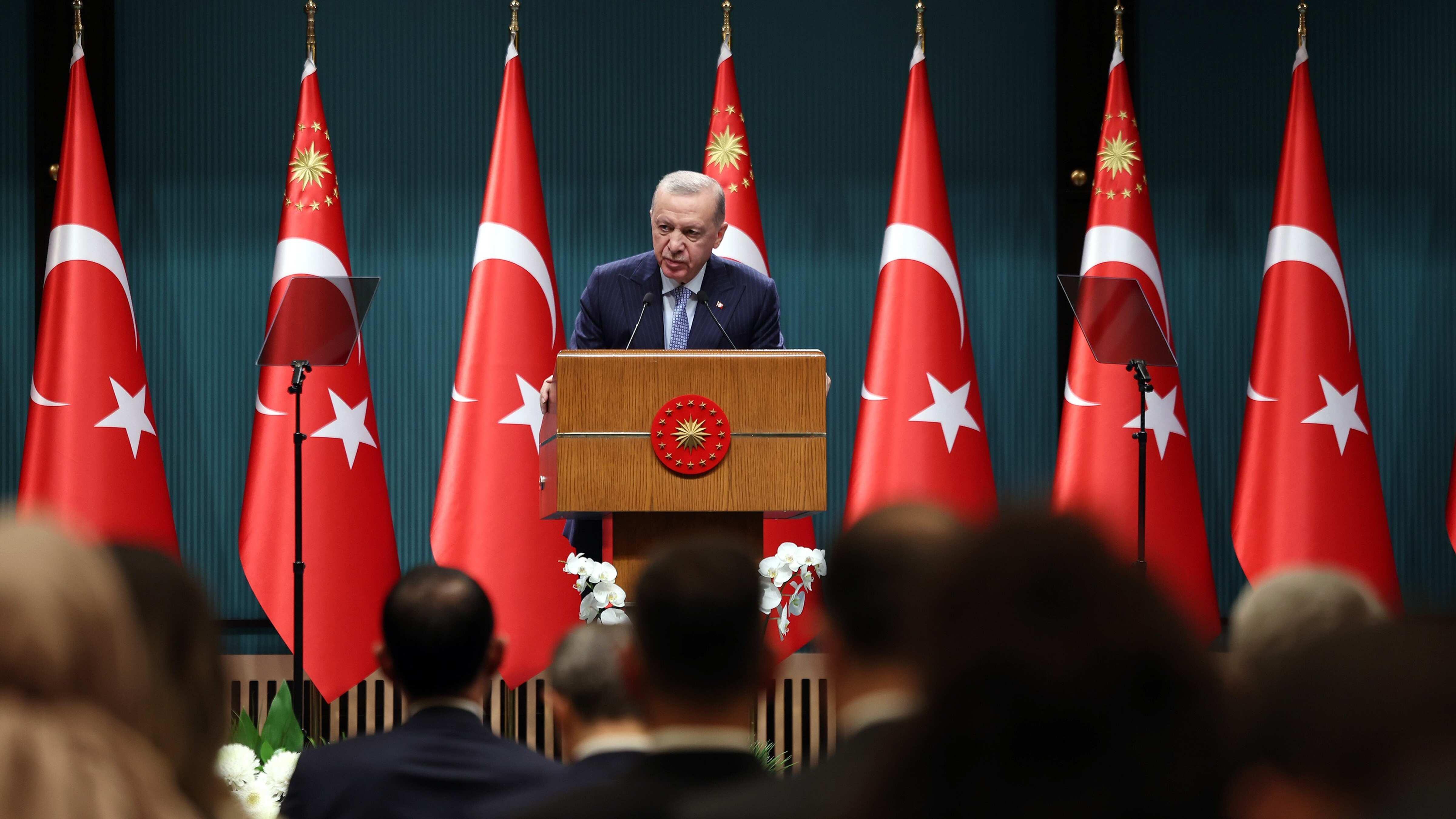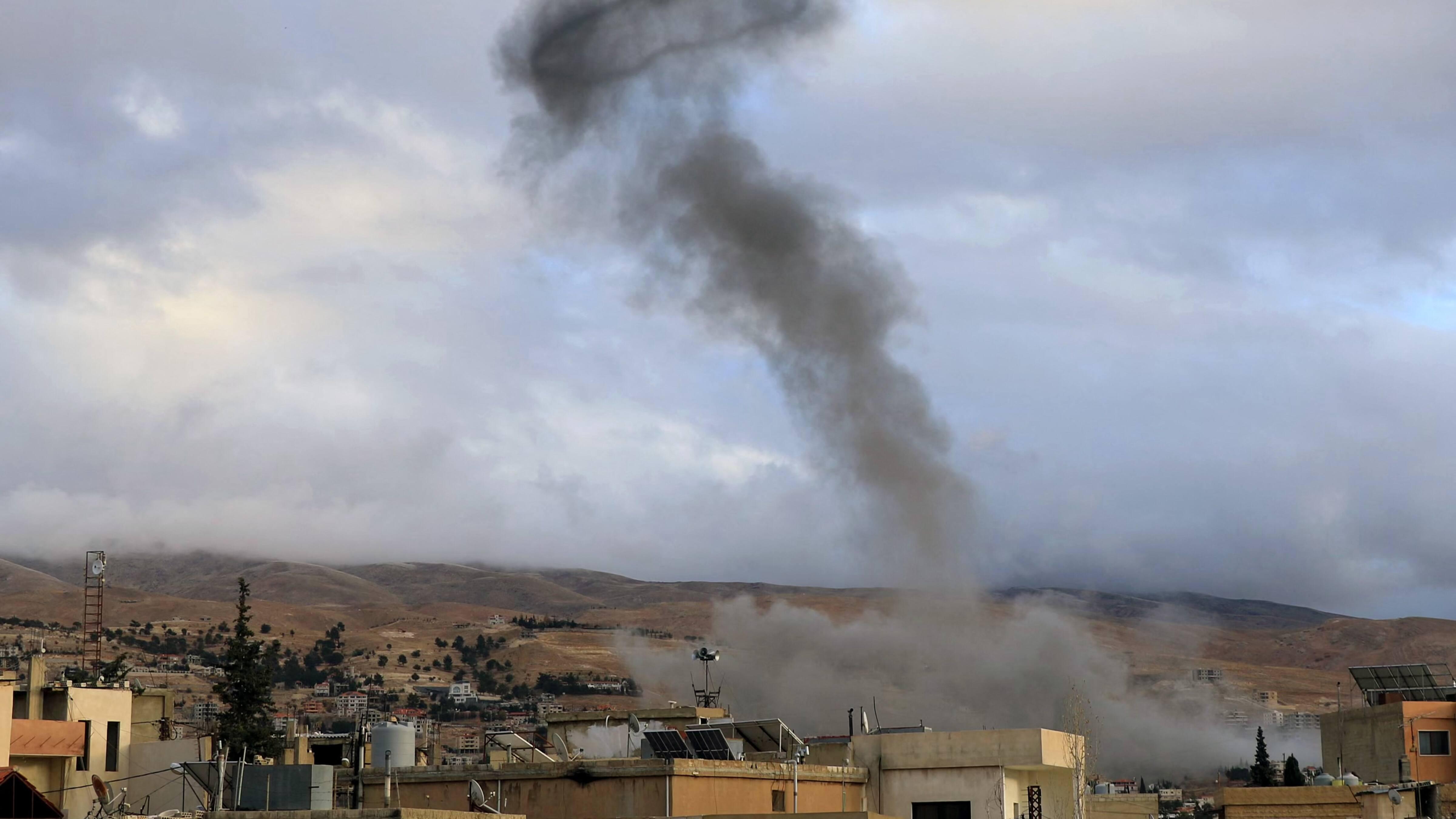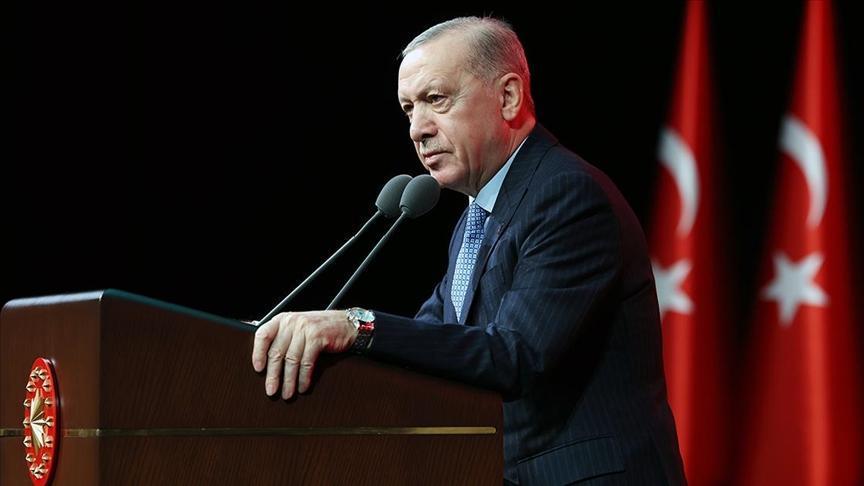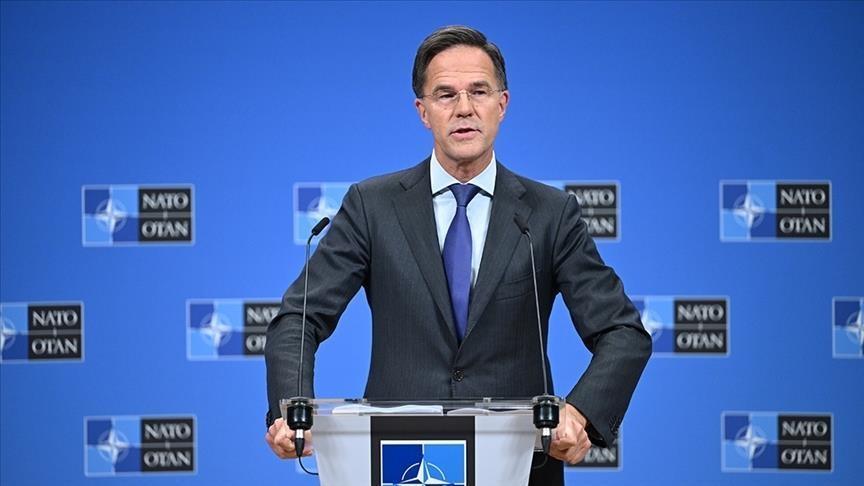Egypt dodges diplomatic flak over 'Sisi tapes'
CAIRO - Agence France-Presse
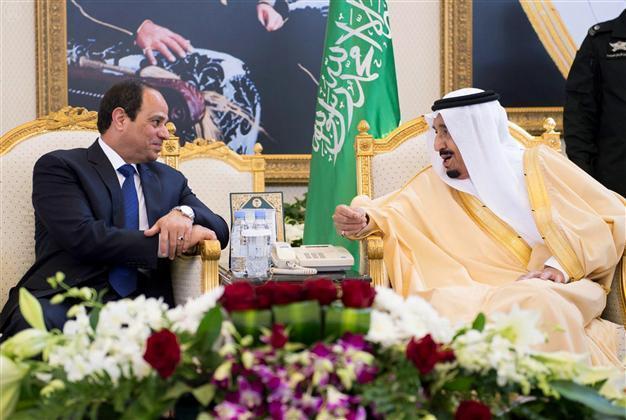
A picture provided by the Saudi Press Agency (SPA) shows Saudi King Salman bin Abdulaziz (R) talking with Egyptian President Abdel Fattah al-Sisi upon his arrival to Riyadh, on March 1, 2015. AFP Photo
Despite months of embarrassment for Egypt over a series of alleged leaks of sensitive remarks including about Gulf allies, President Abdel Fattah al-Sisi appears to have avoided a major diplomatic furore.The tapes, aired by Islamist television channels, purportedly revealed conversations which followed the military's overthrow of Islamist president Mohamed Morsi in 2013 when Sisi was army chief.
The recordings, which have not been authenticated, touch on issues ranging from Morsi's ouster to development funds that Cairo needs from Gulf allies.
Sisi, who toppled Morsi and was elected in May to succeed him, has overseen a brutal police crackdown against supporters of his predecessor that has left hundreds dead.
The television channels that broadcast the audiotapes have links to Morsi's blacklisted Muslim Brotherhood.
In the latest recording aired on March 1, two aides of Sisi purportedly discuss how the United Arab Emirates (UAE) gave Egypt's defence ministry funds for the anti-Morsi protests which led to his ouster.
In another tape released last month, a man identified as Sisi and an aide discuss how much money Cairo wanted from Gulf countries to help rebuild Egypt.
"We need 10 to be added to the army's account ... We need 10 like them from the UAE, and from Kuwait 10 like them," said the voice purported to be Sisi. "They have money like rice."
"The leaks are embarrassing with regards to the security arrangements of communication at these levels of government," said H.A. Hellyer, an expert with the Washington-based Brookings Institution.
"The questions people aren't really focusing on is how these leaks managed to get out -- and who exists in such sensitive positions of the state that would be willing to release them?" Sisi has dismissed the tapes as "information war," saying that "anyone could do what he wanted thanks to technology," suggesting the tapes were fabricated by Morsi supporters to embarrass his regime.
In an attempt to repair the diplomatic damage, he spoke on telephone to Gulf leaders and also appeared on national television in late February to declare: "Our brothers in the Gulf should know that we respect and love them."
In his telephone talks with Gulf leaders, Sisi discussed Egypt-Gulf relations, and Saudi King Salman even assured him of Riyadh's "unchangeable" support for Cairo.
Saudi Arabia, the UAE and Kuwait are the main financial backers of Sisi's government, having pledged around $12 billion to Cairo since he came to power.
"The strategic interests of Egypt and Gulf countries are too important to be impacted by some expression used by an official in a private conversation," said Gamal Abdel Gawad Soltan, political professor at the American University of Cairo (AUC).
"It will have no impact on their relations," he said, adding that Egypt and its allies are working to limit Shiite Iran's regional influence, and to counter the Islamic State (IS) group that has captured territory in Iraq and Syria.
Egypt's ties with most of the Gulf countries have flourished since Sisi removed Morsi from power.
Underscoring the solid relations, the Cairo-based Arab League said this week it would consider building a "unified Arab force" to battle IS at its annual summit later this month.
Sisi has called for such a unit to confront the jihadists.
Inside Egypt, where the media and much of the population strongly backs Sisi's crackdown on Morsi's supporters, the audio recordings have gone virtually unnoticed.
In a tape in December, a man identified as General Mamdouh Shahin, legal adviser to then-army chief Sisi, was heard warning other senior officials that the case against Morsi -- who now faces several trials -- would collapse if certain documents were not forged.
Shahin is also heard disclosing that Morsi was not legally detained in an interior ministry-run prison immediately following his ouster, but in a building belonging to the army.
The authorities insist Morsi's overthrow was not a "coup," but was in response to mass protests against his one-year rule.
Analysts say the popularity of Sisi, who was elected president with 97 percent of votes in 2014, has not been dented by the tapes.
"Public opinion in Egypt backs Sisi in a big way, so it is ready to minimise the importance of some issues or even tolerate some abuses" by the authorities, said AUC's Abdel Gawad Soltan.


